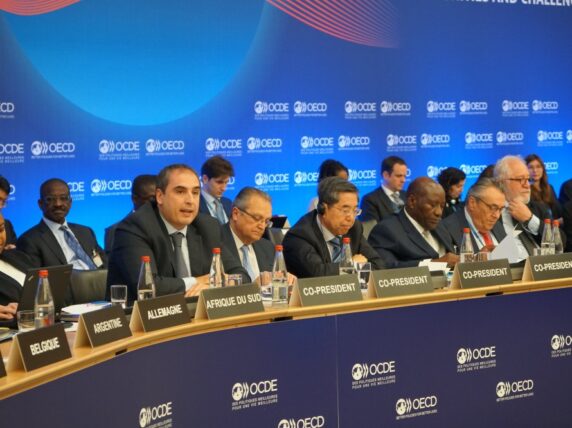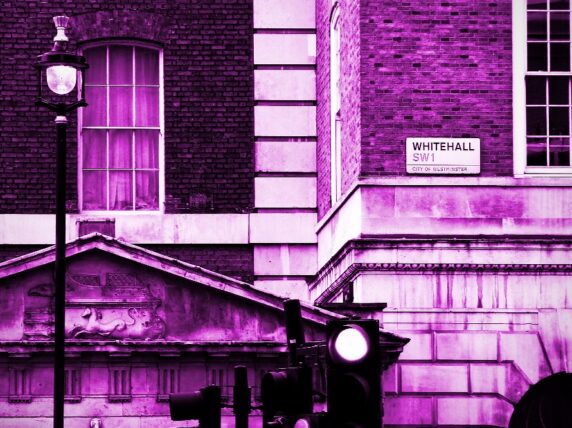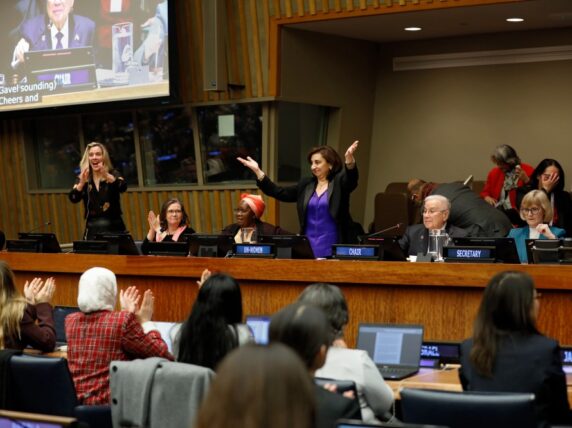The terrorism designation of Ansar Allah will only make the crisis in Yemen worse
Today the US government officially designated Ansar Allah, the de facto authorities in northern Yemen (also known as the Houthis), as a Foreign Terrorist Organisation (FTO) and a Specially Designated Global Terrorist (SDGT) entity.
The designation and its associated sanctions will have a catastrophic impact on the ability of humanitarians and commercial importers to reach those who need help. Houthi-controlled territory is home to 80% of Yemen’s population – over 23 million people. If this decision is not reversed by the Biden administration, it is likely to tip the scales in Yemen towards economic meltdown, famine and death.
The Yemen crisis
Yemen has long been regarded as the “world’s worst humanitarian crisis”. Nearly six years of conflict have left 24 million Yemenis in need of aid, including over 16 million suffering from severe food insecurity. Last week, Mark Lowcock, UN OCHA’s emergency relief coordinator, warned that 50,000 people are starving to death in Yemen, another 5 million are just one step behind them, and that without action we risk seeing widespread famine in Yemen on a scale not seen for forty years.
Aid agencies like the IRC have raised concerns that the designation will produce calamitous implications for aid delivery, creating complex and possibly insurmountable legal, bureaucratic and operational challenges. The World Food Program’s executive director, David Beasley, described the decision as “a death sentence to hundreds and thousands, if not millions”.
The consequences of the designation
Commercial suppliers have privately warned that the designation will prevent them from importing key food items such as wheat, rice, and sugar due to bankers, shippers and insurers being unable to do business with them. Yemen imports 90% of its food. Ansar Allah controls the country’s largest port, Hodeidah, which handles 70% of the country’s commercial and humanitarian supplies.
Subscribe to our newsletter
Our weekly email newsletter, Network News, is an indispensable weekly digest of the latest updates on funding, jobs, resources, news and learning opportunities in the international development sector.
Get Network NewsThe cost of imported goods is predicted to rise by as much as 400%, pushing goods further out of reach of ordinary Yemenis.
The designation also risks putting Yemen’s fragile peace process in jeopardy. Following the announcement, Martin Griffiths, the UN special envoy, told the UN Security Council: “The path to peace in Yemen was never easy. And I believe that it is now a great deal more difficult than it was a month ago.”
How Ansar Allah responds is yet to be seen, but the International Crisis Group has argued it will result in greater reliance on Iran – the opposite of the US’ intended impact from the designation.
The US government has published special licenses it claims will allow commercial and humanitarian organisations to operate. However, it is unlikely these can be made operational quickly enough to prevent severe disruptions to humanitarian operations, imports, banking and other services on which humanitarian actors and ordinary Yemenis rely.
What the Biden administration and the UK government must do
President-elect Joe Biden’s national security advisor appointee, Jake Sullivan, has expressed his concern about the impact of the designation. Now the incoming administration must urgently act and reverse it.
The UK government should equally utilise all of its diplomatic channels to encourage the incoming Biden administration to do so without delay – or face an unimaginable crisis in the months to come.




